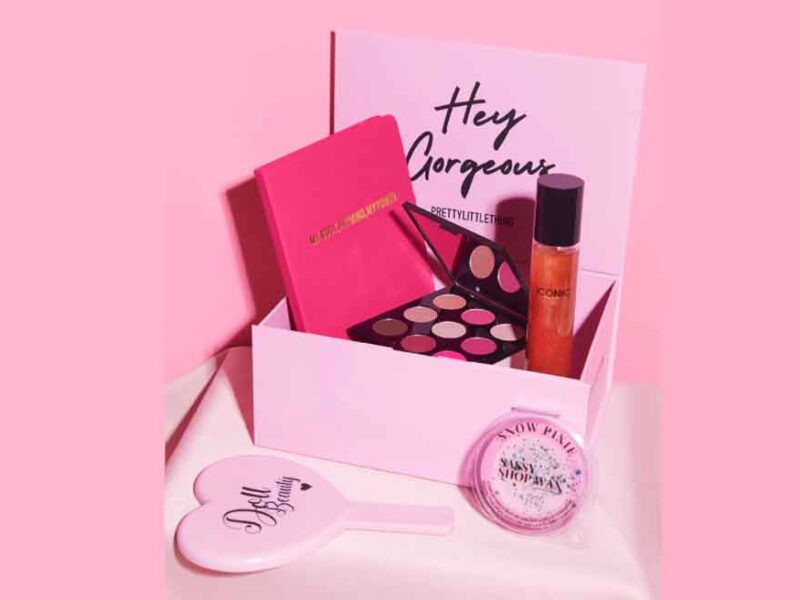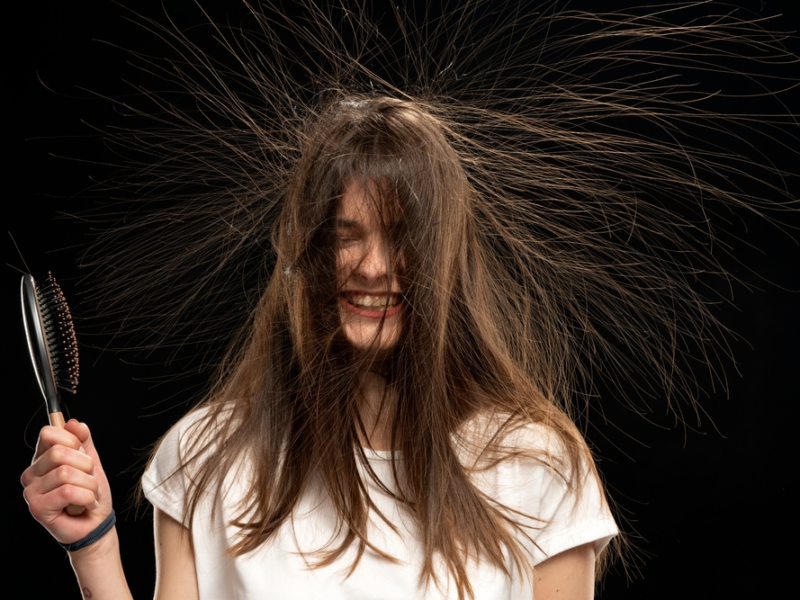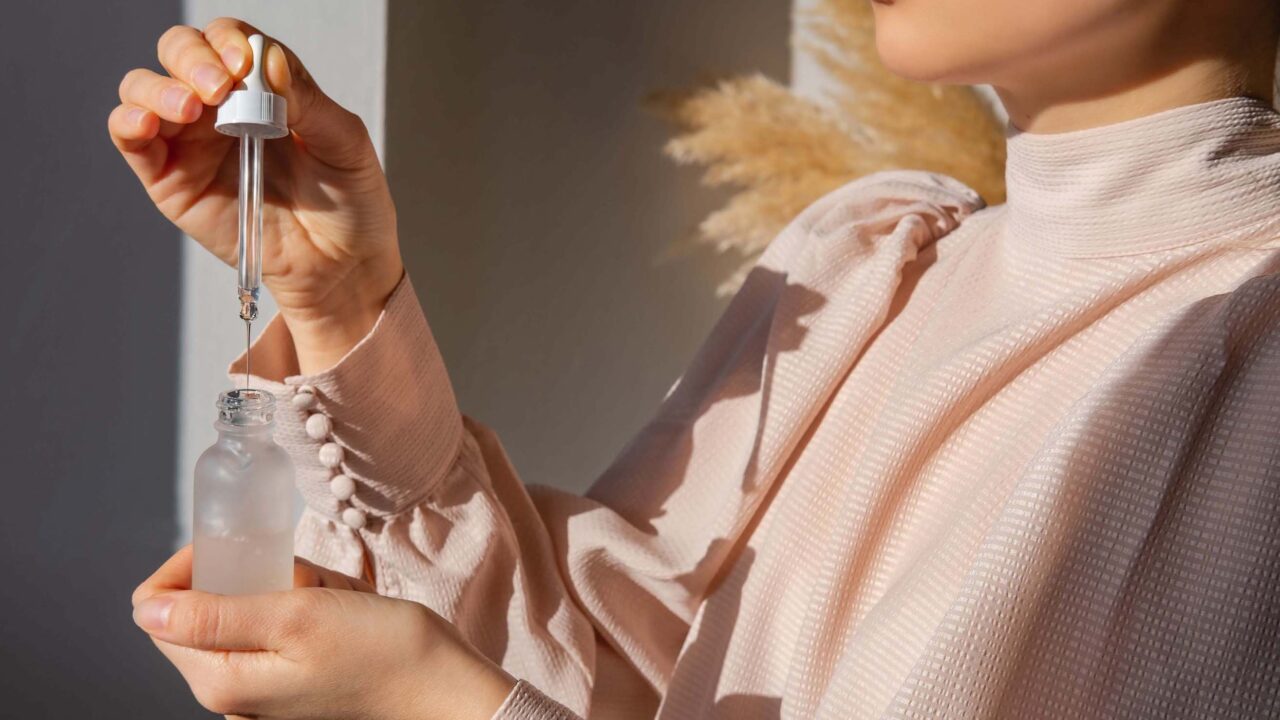
Here’s how to get started with using retinol and what other ingredients do a similar job
Retinol is hailed as a miracle ingredient in the fight against the signs of ageing but introducing it to your skincare routine can be a minefield.
This is because it can cause side effects, it doesn’t play very nicely with all other types of skincare and it’s not suitable for pregnant or breastfeeding women.
We recently published a What is retinol? explainer but we wanted to put together a beginner’s guide to make it easy for people who have never tried retinol – or have had a bad experience in the past – to better understand it and how to use it.
Retinol is a type of retinoid and one of the best-known skincare ingredients found in anti-ageing products. Unlike some other anti-ageing products, retinol has been scientifically proven to reduce signs of skin ageing.
This is because it’s made from Vitamin A. Both upper and lower layers of your skin need Vitamin A because it adds hydration which helps to keep your skin healthy. Retinol also boosts skin cell turnover.
Up until our 30s, our skin cell turnover happens every 28 days or so. Once we hit our mid-thirties though, cell regeneration slows down significantly and will only turnover every 50, 60 or 70 days. This leads to your skin looking more tired, dull, and wrinkled.
Retinol works by sinking into your skin and speeding up your cell turnover, making your skin look fresher and smoother.
In addition to removing dead skin cells, which a lot of anti-ageing products do, the small molecules of retinol also go deep into your epidermis (the outer layer of your skin) travelling to your dermis (the middle layer of your skin).
Once the retinol reaches the middle layer of your skin it helps boost the production of elastin and collagen. These are the building blocks of youthful skin. By boosting their production, retinol helps reduce the appearance of fine lines and wrinkles. It also works to reduce the appearance of enlarged pores.
We should note that there isn’t any skincare product or ingredient that will physically shrink pores, no matter what skincare brands claim. It’s only possible to clear them and make them appear smaller. You can read more here.
FURTHER READING: Best anti-ageing cream for targeting wrinkles and fine lines | Does anti-ageing skincare actually work? Here’s what the evidence says | Best retinol serums and creams UK
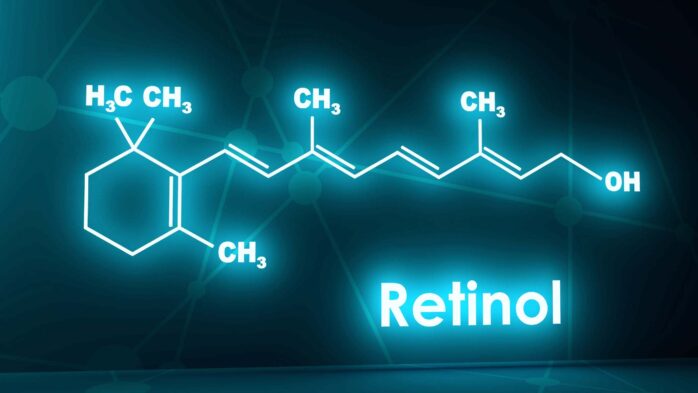 Shutterstock
Shutterstock Retinol sounds like a perfect solution for ageing skin, but it does have side effects. For most people, these include minor irritation, redness, and skin sensitivity.
There are possible severe side effects, but these typically affect fewer than 10% of people using retinol. You’re more likely to get in trouble if you use more than one product with retinol in it, so make sure to check the labels on other skincare products you use.
The following steps should be followed when introducing retinol products to your routine.
The reason it’s recommended that you use retinol every other day, or every three days to begin with is because it can initially irritate your skin. By introducing it gradually, your skin builds up resistance with minimal or no irritation.
Due to retinol being a skin renewal ingredient, we also recommend using a retinol product as part of your evening skincare routine, not morning.
This is for two reasons. The first is because your skin is most receptive to repair as you sleep. This helps to maximise retinol’s effects. The second is that retinol can increase your skin’s sensitivity to the sun. Using it in the morning makes your skin particularly susceptible to sun damage. Regardless of when you use it, however, you should be using SPF during the day to protect your skin.
If you’re not seeing the results of retinol straight away don’t worry. It will still be making a positive impact on your skin health. It can take a few weeks, possibly a few months, of continued use for the benefits to become noticeable, due to the skin cell turnover time.
If you have sensitive skin we’d recommend you don’t use retinol, or you use products that contain low concentrations of retinol and you introduce them slowly so your skin care get used to them.
You should also avoid retinol if you’re pregnant or breastfeeding. Read more in our What skincare ingredients to avoid when pregnant or breastfeeding guide.
There are some great retinol alternatives, however.
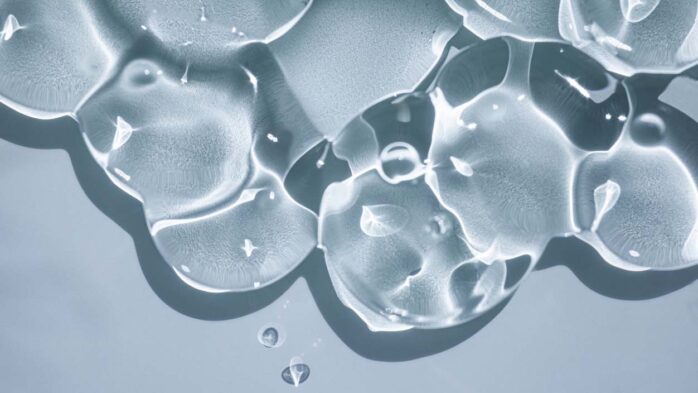 Getty Images/iStockphoto
Getty Images/iStockphoto If your skin becomes irritated from using retinol, or maybe you don’t fancy trying it yet still want the anti-ageing benefits, there are some great retinol alternatives. The results won’t be identical to using retinol, but they will be a close second without having to worry about side effects.
Amino acids are another great retinol alternative. They work as an anti-ageing ingredient by protecting your skin from free-radical damage – things like air pollutants, alcohol, smoking, fried foods and so on. Amino acids help to maintain your skin’s hydration and skin appearance. Like retinol, amino acids help give your skin a smoother texture by helping to increase your levels of collagen.
mamabella recommends: Dr.Jart+ Cicapair Tiger Grass Color-Correcting Treatment (£15)
Another retinol alternative is rosehip oil. It contains small concentrations of all-trans retinoic acid, as well as being packed with Vitamin C. You may well have heard of it as a treatment for stretch marks during pregnancy. As a result, it’s a safe retinol alternative for pregnant and breastfeeding women.
The only issue with rosehip oil is it can be difficult to establish how concentrated it is. This means that some rosehip oils may perform better than others at fighting fine lines and wrinkles.
mamabella recommends: The Ordinary 100% Organic Cold-Pressed Rosehip Seed Oil (£9)
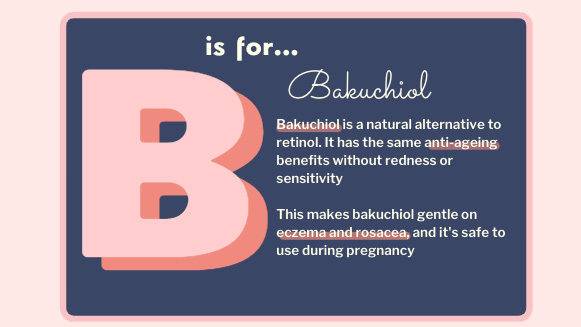 mamabella
mamabella The ingredient bakuchiol is a retinol alternative that is gentler than retinol. Like retinol, it stimulates the regeneration of your skin cells, increases collagen production, and improves the appearance of your fine lines and wrinkles.
Although it’s probably the closest match to retinol in our list, it’s worth noting that although it has the same effects as retinol, it doesn’t work the same way from a molecular standpoint.
mamabella recommends: The Inkey List Bakuchiol Serum (£11.49)
FURTHER READING: Skincare ingredient checker: Get to grips with what’s in your skincare with our ingredients guide
Bidens pilosa is a plant that gives very similar results to retinol. It targets the signs of ageing and helps to calm the skin and boost its luminosity. It’s a lot kinder to your skin than retinol and is good if you suffer from acne or psoriasis.
mamabella recommends: bareMinerals Ageless Phyto-Retinol Night Concentrate (£52)
 Paula's Choice
Paula's Choice Glutathione is a naturally occurring antioxidant that helps protect skin cells from free radicals.
Free radicals are unstable molecules, created by pollution, UV rays, and other environmental stressors. When these free radicals crop up in the body they can lead to premature ageing, wrinkles, and uneven skin tone.
The key benefits of glutathione include:
mamabella recommends: Paula’s Choice 25% Vitamin C + Glutathione Clinical Serum (from £13)

Kat is a freelance journalist, photographer, and the founder of Simply Gender Free – a company dedicated to smashing gender stereotypes in kids’ products. As a mum of two, Kat is passionate about making the world a better place for the next generation
